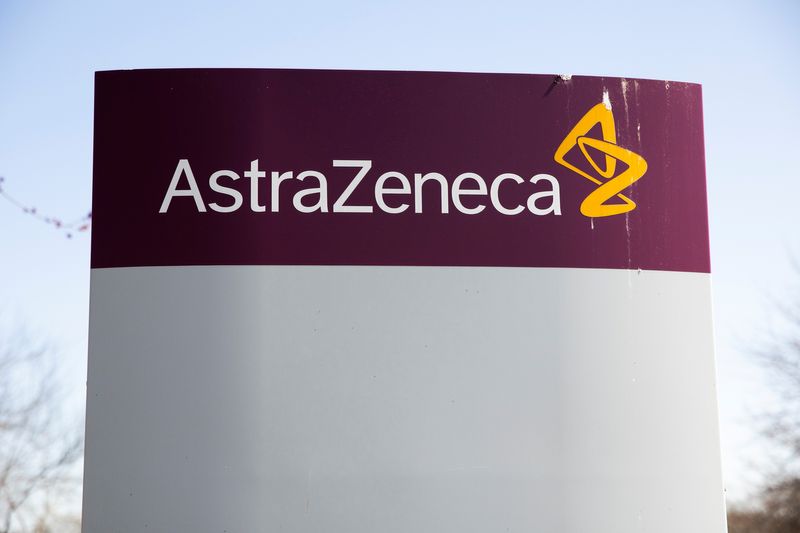AstraZeneca (NASDAQ:AZN)'s immunotherapy drug, Imfinzi (durvalumab), has shown significant improvements in progression-free survival (PFS) for liver cancer patients eligible for embolisation, according to the latest results from the EMERALD-1 Phase III trial announced on November 9, 2023. The study demonstrated that Imfinzi, used in combination with transarterial chemoembolisation (TACE) and bevacizumab, significantly boosted PFS in patients with unresectable hepatocellular carcinoma (HCC). This marks a global first for improved clinical outcomes from systemic therapy combined with TACE.
Liver cancer, specifically HCC, is the third leading cause of cancer death worldwide, with approximately 900,000 new cases reported annually. Embolisation, a procedure that blocks the tumour's blood supply and delivers chemotherapy or radiation therapy directly to the liver, is applicable to about 20-30% of these patients. Despite being considered standard care, most patients experience rapid disease progression or recurrence after embolisation.
The trial's principal investigator, Dr. Riccardo Lencioni from Pisa University Hospital's Cancer Imaging Program, believes these results could reshape treatment strategies for this complex disease. The data showed that adding an immunotherapy combination to TACE can significantly improve PFS. Susan Galbraith, AstraZeneca's Executive Vice President of Oncology R&D, echoed this optimism, expressing hope about extending the potential of immunotherapy to patients with earlier stages of liver cancer. She also emphasized the importance of mature survival data and engagement with regulatory authorities for early intervention.
In addition to PFS improvements, the ongoing EMERALD-1 trial also assesses overall survival (OS), providing another key metric in understanding the potential benefits of this combination therapy.
The safety profiles of Imfinzi and TACE plus bevacizumab remained consistent throughout the trial, with no new safety concerns identified. The data will be presented at an upcoming medical meeting and shared with regulatory authorities.
AstraZeneca continues to assess Imfinzi's potential in various gastrointestinal (GI) cancer settings through an extensive clinical development program. This includes combination trials with bevacizumab in adjuvant HCC (EMERALD-2) and with Imjudo (tremelimumab), lenvatinib, and TACE in embolisation-eligible HCC (EMERALD-3).
Furthermore, Imfinzi has also been approved in combination with chemotherapy (gemcitabine plus cisplatin) in locally advanced or metastatic biliary tract cancer (BTC) and with Imjudo in unresectable HCC based on the TOPAZ-1 and HIMALAYA Phase III trials. Imfinzi is recognized as the global standard of care in the curative-intent setting of unresectable, Stage III non-small cell lung cancer (NSCLC) based on the PACIFIC Phase III trial. It's also approved for extensive-stage small-cell lung cancer (SCLC) based on the CASPIAN Phase III trial, and for metastatic NSCLC in combination with a short course of Imjudo and chemotherapy based on the POSEIDON Phase III trial.
In addition to this, AstraZeneca has announced positive results for Phase III trials including combinations with Imfinzi in ovarian (DUO-O) and endometrial (DUO-E) cancers, as well as in resectable NSCLC (AEGEAN). These advancements further underscore AstraZeneca's commitment to exploring the full potential of Imfinzi across different cancer types. Gilles Grapinet from Worldline reflected on these significant results, highlighting the importance of these breakthroughs in cancer treatment.
This article was generated with the support of AI and reviewed by an editor. For more information see our T&C.
